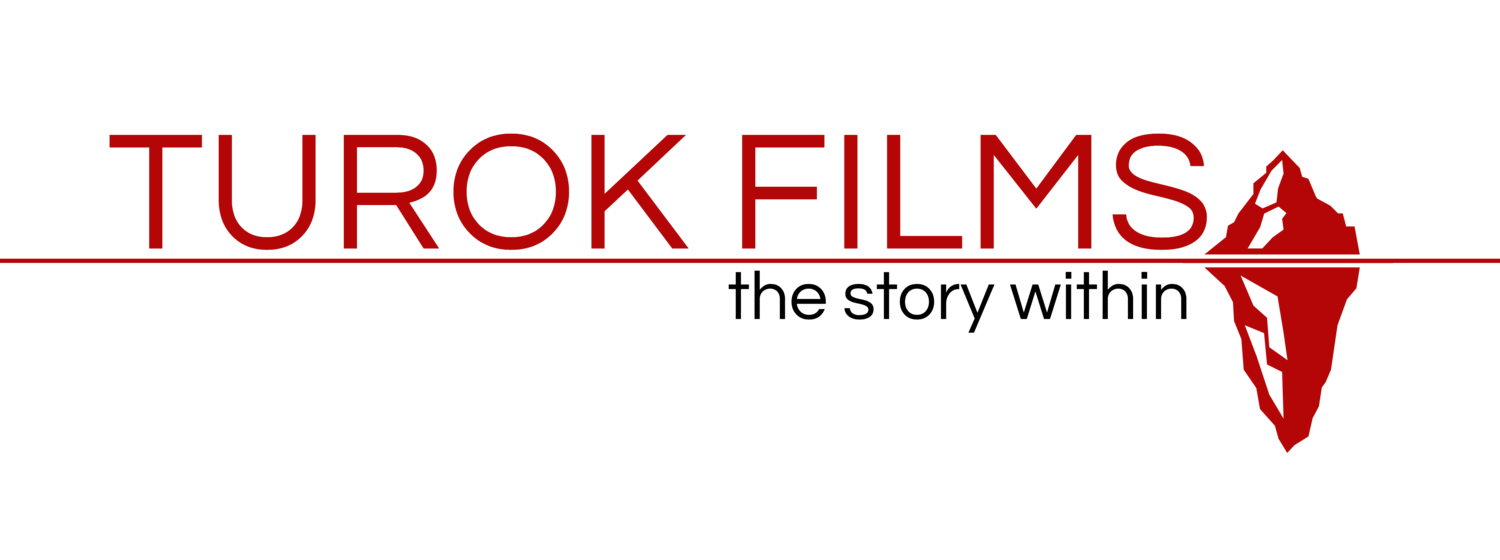BIO
Bohdan was born in former Czechoslovakia (1974). At the age of nine (1983) he moved with his parents to Algeria for three and a half years, where his father worked as a civil engineer. In search of a political freedom, his family moved to Munich, Germany in 1988 as refugees where Bohdan lived in an immigrant camp for a year and half. In 1989, they were granted immigrant status in Canada, where Bohdan later completed his B.A. Psych (YorkU, 1999), a M.Ed. Counselling (University of Western Ontario, 2001), and began work as a psychotherapist in Toronto. Bohdan spent six months in Abu Dhabi (2011) working at a Higher College of Tech as a psychotherapist. In 2013, after 10 years in post-secondary education as therapist/educator, Bohdan resigned from his tenure position at Humber College of Higher Education (Toronto) to combine his previous work in photography, music, psychology, philosophy, painting, marital arts, and his international experience into the gestalt of film.
Beginning in 2012, Bohdan has traveled frequently to the Far East (Japan, China, Korea), the US and Europe producing, directing and shooting short films and broadcast content.
How Psychotherapy Translates to Filmmaking
My 6 years of formal study of psychology (combined with 10,000+ hours of clinical practice) has granted me a privileged and unparalleled insight into human nature, which has become an indispensable part in directing talent, with the utmost attention to character honesty/psychological integrity of performance.
Containing and working with psychotic, suicidal and homicidal clients in the most extreme scenarios has become a useful ability when working under pressure of time, budget and unpredictable elements on set, including the management of crew and talent in conflictual situations. Maintaining a working/therapeutic relationship and safety while managing volatile behaviours and circumstances in clinical settings has translated seamlessly to production environments.
Story
Insight that accounts for the complexity of human nature is a prerequisite for both clinical work and character development (except in a clinical setting the tolerance for error is minimal). I’ve worked with hundreds of clients of all ages from all around the world, including international and mature students, dealing with issues ranging from trauma-witness to murder, rape, suicide attempts, homicidal and psychopathic ideation, psychotic episodes, to displacement, immigration, racism and discrimination, socio-economic hardship, issues with identity, existential angst, adaptive and maladaptive grief, etc.
Producing
The capacity to carry out a plan of treatment with a client over years of the ever-evolving therapeutic process parallels ushering of a media project into the world over months or years, through development, pre-production, production, post-production, and finally delivery/distribution.
Conflict is inevitable. It arises in all relationships, especially under stress where the stakes are high. Active listening, the effort to understand the other, is an efficient way to resolution in most interpersonal problems/misunderstandings. Directing clients, groups (therapy), and classrooms toward a productive and supportive process is an integral part of working in an educational setting. Similarly, directing a team in a supportive way toward productive/creative next steps is a part of the role/ability of the producer.
